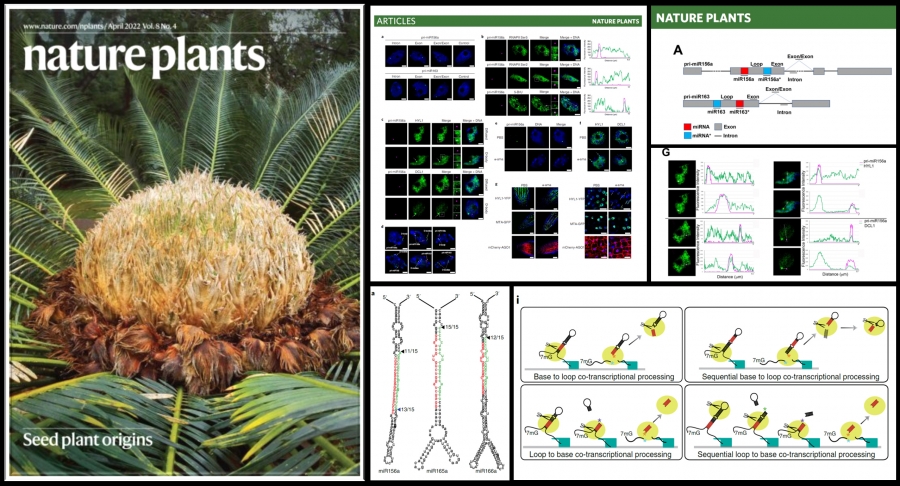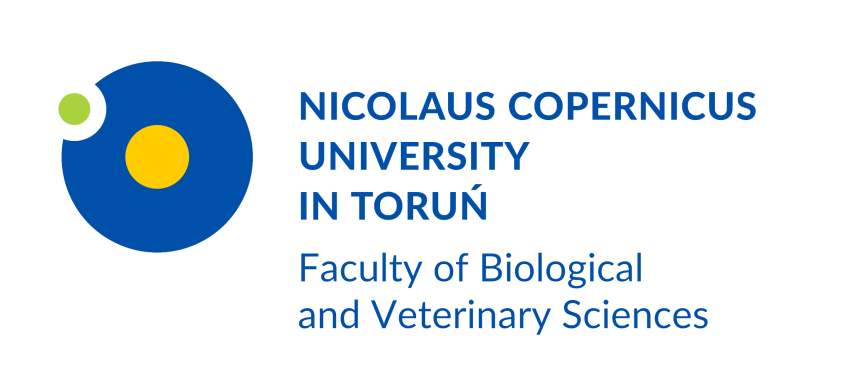
The April issue of Nature Plants magazine published the article "R-loops at microRNA encoding loci promote co-transcriptional processing of pri-miRNAs in plants". The authors of the article are, among others, prof. UMK Dariusz Jan Smoliński, director of the Institute of Biology at the Nicolaus Copernicus University, head of the Bioimaging Laboratory at ICNT, and Dr. Tomasz Gulanicz, former graduate of the Nicolaus Copernicus University, currently employed in the research group of prof. UMK Agnieszka Zienkiewicz from the Interdisciplinary Center of Modern Technologies of the Nicolaus Copernicus University. The research results were created by an international team from Argentina (Dr. Pablo Manavelli's research group), Denmark (Dr. Sebastian Marquardt's group), and Poland (except for the "Toruń" group, the team of Prof. Artur Jarmołowski and Prof. Zofia Szweykowska-Kulińska from the Adam Mickiewicz University in Poznań).
In plants, the genes encoding miRNAs are mostly independent transcription units transcribed by RNA polymerase II as long primary precursors (pri-miRNAs). The plant pri-miRNAs are processed to mature miRNAs entirely in the cell nucleus by Microprocessor’s multi-subunit complex. The pri-miRNA-containing signals co-localize with RNA polymerase II, newly synthesized transcripts, and the main Microprocessor proteins: SERRATE, HYL1, and DCL-1. These studies also show that plant miRNA biogenesis is coupled to transcription in a process that relies on the formation of DNA: RNA hybrids (R-loops) between the nascent transcript and the encoding loci. This data demonstrates an unexpected function for R-loops promoting RNA processing.

 ul. Lwowska 1, 87-100 Toruń
ul. Lwowska 1, 87-100 Toruń